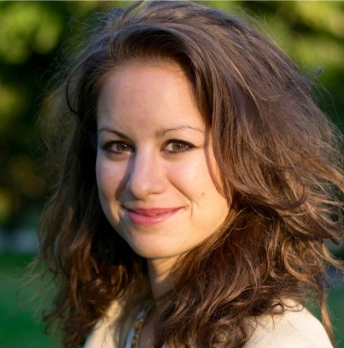- Tóth Kálmán u. 4., 1097 Budapest HUNGARY
- +36 1 309 2651
- lab@anet.krtk.mta.hu
- @AnetiLabs

It is the main challenge and the topic of numerous scientific studies to understand how teams’ potential to increase organizational effectiveness and productivity can be turned into success. Most organizational researches focus on team diversity and rely on system theory approaches considering teams as organisms built up from linear effect-cause relations. While conventional laboratory experiments are exclusively preoccupied with the communication networks of ad-hoc groups in an artificial environment. These studies are all limited in the questions to be addressed as they typically focus on two (or a few) variables and do not consider or control other factors statistically. In our research, we integrate the aspects mentioned above by analyzing the composition and structure, as well as the features of interactions of small project teams in the light of performance. We exploit a novel source of data of real teams examined in a laboratory-field experimental setting of escape rooms. Confirming our hypothesis, the applied survival model showed that the number and the duration of interactions are the most potent predictors in team success, while other seemingly significant factors, such as gender compositions were found to be confounding variables. The versatility and high time resolution of our data also allows us to map the micro-dynamic characteristics of project teams‘ collaboration networks. In this talk, I also present the temporal changes of teams’ interaction structure, their emotional dynamics and behavior in terms of exploration and exploitation.
Rebeka O. Szabó is a sociologist-network scientist. She is a finishing Ph.D. candidate at the Department of Network and Data Science at Central European University. Before that, she earned her master degree at Universiteit Van Amsterdam in Sociology (Comparative Organizations and Labor Studies). She was a visiting research fellow at Kellogg School of Management and The Northwestern Institute on Complex Systems of Northwestern University in 2020. As of September 2020 she is a researcher at the NETI Lab of Corvinus University of Budapest and a visiting member of the ANET Lab at the Centre for Economic and Regional Studies, Hungary. Her main scientific interests are social networks, teams, organizational behavior, development, and change.